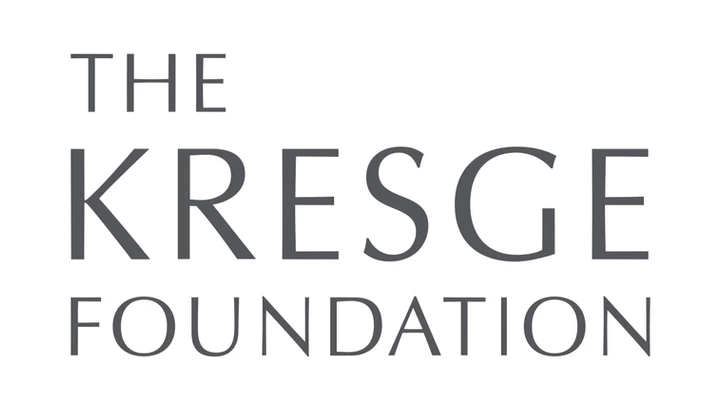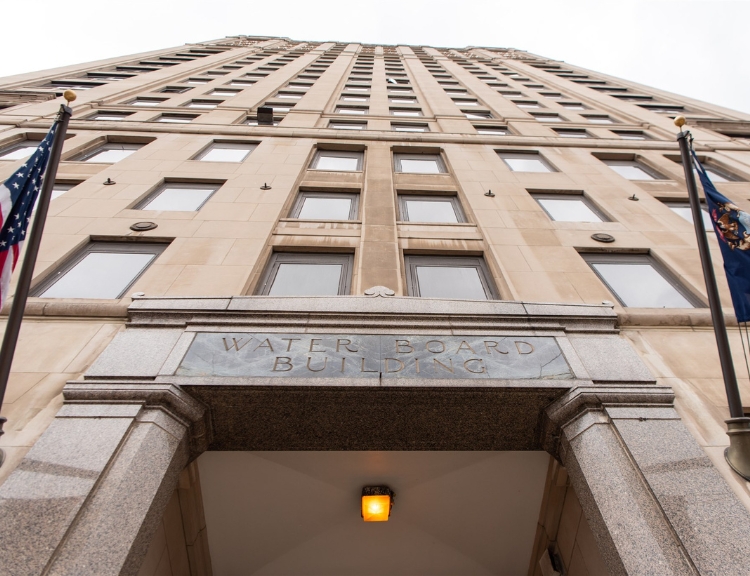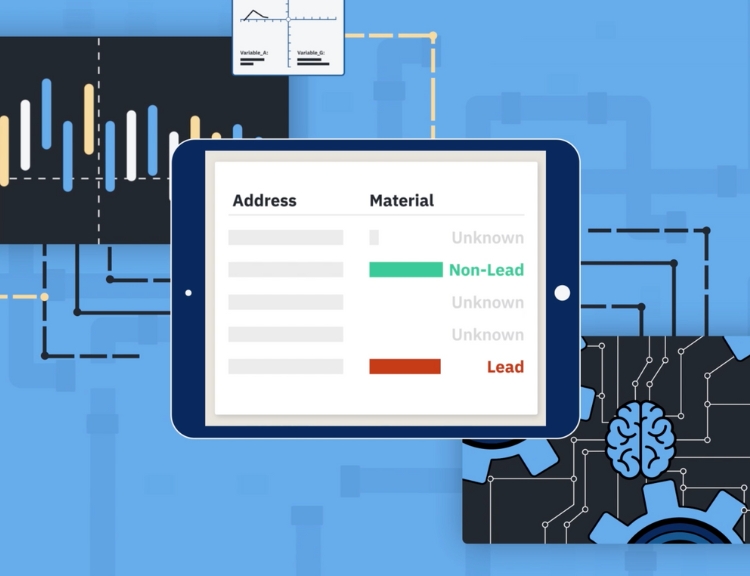Helping Detroit Get the Lead Out: Kresge Foundation Promotes Efficient and Equitable Lead Abatement Efforts by Supporting the Use of BlueConduit’s Machine Learning Technology
Ann Arbor, MI – June 3, 2021 – The Kresge Foundation has awarded BlueConduit a grant to help the Detroit Water & Sewage Department (DWSD) improve the efficiency and equitability of its lead service line (LSL) replacement program. This Kresge grant, along with funding from The Rockefeller Foundation, is financing the creation of a complete and accurate home-by-home LSL inventory that will provide DWSD with actionable data to guide its lead replacement efforts.
The State of Michigan now requires cities to replace all LSLs by 2040. This substantial undertaking will cost Detroit an estimated $450 million. Historic records of service line materials can often be inaccessible and inconsistent, making it difficult to plan a LSL replacement program. Machine learning is a proven solution to this challenge. The insights generated by machine learning will allow the city to take a data-driven approach to planning thereby accelerating the city’s work through realized operational efficiencies and cost savings.
BlueConduit, a water analytics company, pioneered the use of machine learning to inventory and locate LSLs in 2016. Their cutting edge, predictive model has saved municipalities valuable time and money and, most importantly, has reduced the number of days citizens may live with the risk of lead exposure.
As Dr. Eric Schwartz, a co-founder of BlueConduit and professor of marketing at the University of Michigan’s Ross School of Business, explains, “In many of the municipalities we’ve worked with since 2016, water service line materials records are often missing, inaccurate, or outdated. The uncertainty created by unreliable data is a big driver of cost, and these costs are magnified within economically disadvantaged cities and communities.”
“BlueConduit is able to provide cities with maps and rank-ordered lists of properties with the highest probability of the presence of lead service lines. The accuracy of our household level predictions allows cities to forgo costly exploratory digs and accelerate their replacement work,” says Schwartz.
“BlueConduit is playing a unique role in helping the city of Detroit as officials face up to one of our most pernicious environmental challenges,” said Wendy Lewis Jackson, managing director of Kresge’s Detroit Program. “Understanding the scope of the problem — literally where we have to get the lead out — is the first step to creating a plan for replacing lead service lines as efficiently and effectively as possible.”
“And given the prospect of substantial dollars to address this work through President Biden’s forthcoming infrastructure plans, this work could not be more timely,” Jackson added.
By funding DSWD’s use of BlueConduit’s data model, The Kresge Foundation is helping the city of Detroit control the costs of its lead abatement program and accelerate their replacement work. This is critically important given the city’s resource constraints. Kresge’s contribution demonstrates the foundation’s commitment to improve the quality of life for all Detroiters and promote equity-focused projects that effectively expand opportunity for low-income people in America’s cities.
About BlueConduit
BlueConduit is a water analytics company that has developed cutting-edge, predictive machine learning methods to locate lead service lines, empowering local officials with the information to efficiently remove those pipes. Our model enables utilities to focus their resources on digging where the lead is and accelerating the removal of this significant health concern and save millions of dollars in avoided digs.
The team began guiding Flint’s lead service line replacement program in 2016. Since then, more than 50 cities are using BlueConduit’s methods to inventory and locate lead service lines. BlueConduit has inventoried more than 500,000 service lines across its projects in the United States and Canada. Those service lines provide water to more than 1,000,000 residents.

About the Kresge Foundation
The Kresge Foundation was founded in 1924 to promote human progress. Today, Kresge fulfills that mission by building and strengthening pathways to opportunity for low-income people in America’s cities, seeking to dismantle structural and systemic barriers to equality and justice. Using a full array of grant, loan, and other investment tools, Kresge invests more than $160 million annually to foster economic and social change. For more information visit kresge.org.





